Asus ROG Phone 8 Pro review: the gamer goes mainstream!
We may earn a commission if you make a purchase from the links on this page.

Asus ROG Phone 8 Pro Intro
Note: Our Asus ROG Phone 9 Pro review is now out! The new ROG Phone 9 Pro is a solid upgrade over the 8 Pro with a much improved Snapdragon 8 Elite chipset and a couple of other tweaks that make it a slightly better gaming phone. The ROG Phone 9 Pro is arriving in stores in January 2025, and it is our new recommendation if you want the latest and greatest gaming phone.
The gaming duo of ROG Phone 8 and ROG Phone 8 Pro launched in early 2024 and — for the first time since the ROG Phone is a thing — came with a pretty big design change. The big bezels and the bold gamer easthetic have now been subdued. The ROG Phone 8 sries wants to look and feel like a "regular" flagship phone — we have this thin, uniform bezel around the device now, and the edgy gamer accents are toned down quite a lot.
The successor to the series, the ROG Phone 9, is already out and it comes with a big performance bump. But does that make the old ROG Phone 8 series obsolete? Not at all, it's still a beast.
So, the regular ROG Phone 8 still has an RGB logo on its back, but the top-tier ROG Phone 8 Pro Edition has a stealthy, low-res LED matrix back there that can either show simplistic logo icons or nothing at all. If you look at the new ROG 9 series, you'd notice the RGB light is entirely gone, so for now, the ROG Phone 8 is your last chance to get your hands on that, if you want it.
The stereo speakers are not front-firing anymore, since the bezels had to be shrunk. The gamer triggers are also present, but a bit less ergonomic, since there are no chin and forehead bezels to fill your palms while gaming. There's a new, but so is an upgraded camera module with an actual gimbal stabilization. The ROG Phone 8 is supposed to be the mainstream evolution of the gamer phone, or so it seems — Asus is marketing it as a "premium phone for everyday use", but it also happens to be a top-tier gaming phone.
The ROG Phone 8 will sell in the US from $1,099 for the 12 GB / 256 GB variant, the 8 Pro will start at $1,199 for 16 GB / 512 GB, and the Pro Edition, which we have here, hits $1,499 for 24 GB / 1 TB.
As you can see above, the ROG Phone 8 Pro total score is now slightly higher than the one at the time of writing. That is not because of some error on our end, but because we have implemented a new rating system at PhoneArena that gives readers a better idea of the performance of a phone across different categories. Remember to look at the scores and compare them to the average for the class, and we believe you will find these scores tremendously useful. Learn more about the new PhoneArena Review Scoring system here.
What’s new about ROG Phone 8 series
- A new design with slimmer bezels, thinner body
- Still has ultrasonic shoulder buttons
- Stereo speakers moved to the asymmetrical format (bottom + earpiece)
- New camera system with physical gimbal stabilization
- New AeroActive Cooler X is also smaller
- ROG Phone 8 supports AeroActive Cooler X Pro, which was released with the new ROG Phone 9
Table of Contents:
- Specs
- Design and Colors
- Display
- Camera
- Performance
- Software
- Battery and Charging
- Audio Quality
- Alternatives
- Summary
Also read: Asus ROG Phone 9 Pro review: power overwhelming
ROG Phone 8 Pro Specs
Fastest racer on the block
Asus ROG Phones have always had the crazy over-the-top specs and cutting edge hardware. And this hasn't changed, even with the new facelift. The "base" tier ROG Phone 8 still has 12 GB of RAM and 256 GB of UFS 4.0 storage. It's all uphill from there — up to 24 GB of RAM for the most expensive ROG Phone 8 Pro!
| Specs | ROG Phone 8 Pro |
|---|---|
| Size and Weight | 163.8 x 76.8 x 8.9 mm 225 grams |
| Display | 6.78" AMOLED Up to 165 Hz 2,500 nits peak brightness |
| Processor | Qualcomm Snapdragon 8 Gen 3 |
| Software | ROG UI / Android 14 |
| Cameras | 50 MP main, f/1.9 aperture 13 MP ultra-wide, f/2.2 32 MP 3X zoom, f/2.4 32 MP front |
| Battery Size | 5,500 mAh |
| Charging Speeds | 65 W via cable 15 W wireless |
| Prices | 16 GB / 512 GB for $1,199 24 GB / 1 TB for $1,499 |
ROG Phone 8 Pro Design & Colors
Would you like yours in Black or Black?
Since inception, the ROG Phones have had a bit of a chin and forehead — housing the front-firing stereo speakers. Now, Asus has went for a more modernistic, compact look, with a super-thin uniform bezel all around. That would mean that the speakers moved to the commonly-seen setup with a bottom-firing driver and an amped earpiece at the top.
Gamers that dislike the camera "punch hole" aesthetic can still customize the display experience — within the Armoury Crate app, which is your game launcher, you can set up the display aspect ratio, black bars can come in from the sides and hide the camera hole.
The Pro version of the ROG Phone 8 comes in black and that's it. It has a matte glass back with some very subtle accents, and the Pro Edition model has a hidden LED matrix, which can show a plethora of icons, depending on what the phone is doing. The ROG Phone 8 and 8 Pro have an RGB logo here.
The phone looks and feels nice. It's understated, it's soft to the touch, it's all metal and matte glass, and the thin bezel on the front is lovely. However, there's a give and take here. The new design does it make super-comfortable to use the ultrasonic shoulder buttons. They are just way too close to the edge — not a place where our index fingers would naturally rest.
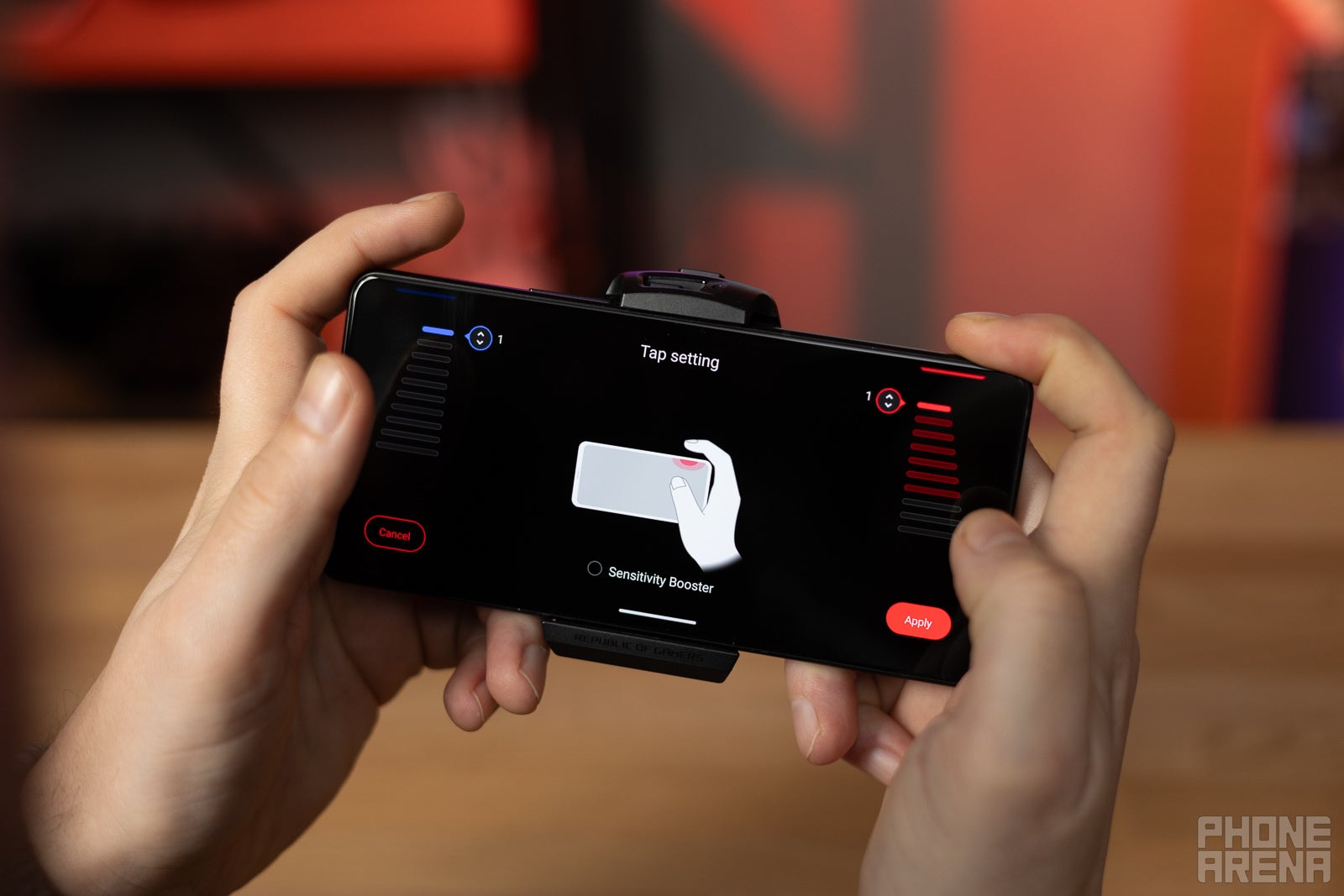
Sure, maybe it's a matter of adjustment, or just using the AeroActive Cooler X a bit more often. However, we think Asus might want to move the buttons a bit more inwards, if they reiterate this design next year.
We have IP68 rating for dust- and water-resistance, which is a first on the ROG phones and — Asus says — a first on any gaming phone. And the ROG Phone 8 family now supports wireless charging, again — for the first time.
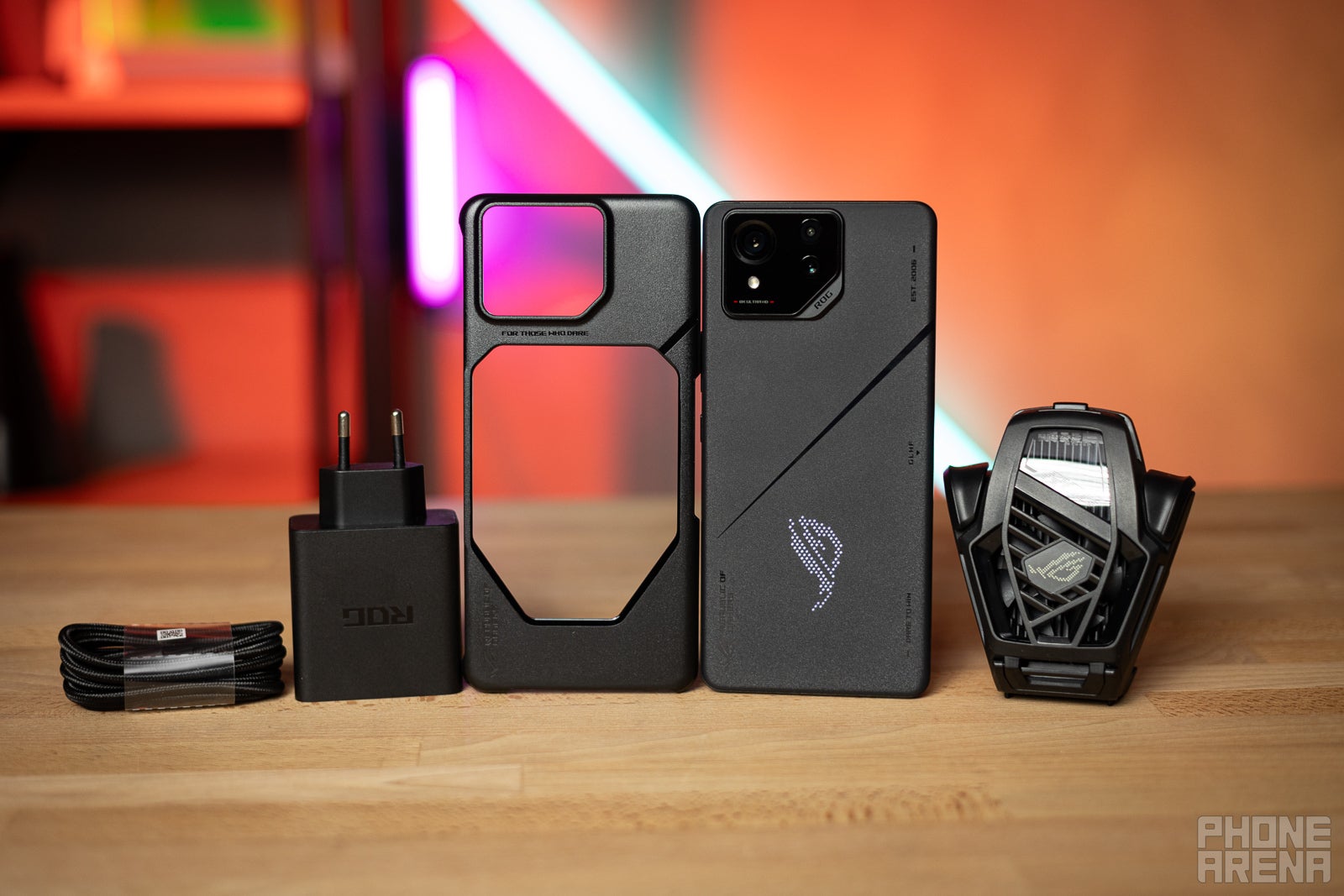
Charger and cable guaranteed (Image credit - PhoneArena)
The ROG Phone 8 Pro unboxing process is — as always — accompanied by a mini-game for new owners. The ROG Phone 8 Pro Edition 1 TB / 24 GB comes with the AeroActive Cooler X fan inside the box. It's definitely a smaller accessory than before — it now adds two hardware buttons instead of four, and the subwoofer that was on the AeroActive Cooler 7 is also gone.
Whichever ROG Phone 8 you get, you will receive the 65 W charger and a nice braided USB Type C cable. No headphones in the box it seems, but it's worth noting that the ROG Phones still have headphone jacks.
ROG Phone 8 Pro Display
Despite having a much smaller footprint than its predecessor, the ROG Phone 8 still packs a 6.78-inch screen on the front. It is, again, an AMOLED panel that can deliver a wowing sharpness, vibrancy, and brightness. No surprise there — these are great displays.
And, since it's a gaming phone, of course it can hit a 165 Hz refresh rate, and its touch response is sensitive, fast, and precise. Also, the specs page says that it's an LTPO panel that can actively switch between 1 Hz and 120 Hz. That would be the "adaptive" mode, which can drop the refresh rate when you are looking at still images, to conserve battery. And then, you can activate 165 Hz when looking to game.
It's a 1080 x 2400 pixel screen, protected by a Corning Gorilla Glass Victus 2. We have an optical fingerprint scanner hidden under the glass, as before. It's accurate and fast most of the time, but we did have one or two missed reads. The fingerprint scanner itself is fine, but we did find that the phone sometimes doesn't register a "tap to wake" unless we were really... persistent.
And, since it's a gaming phone, of course it can hit a 165 Hz refresh rate, and its touch response is sensitive, fast, and precise. Also, the specs page says that it's an LTPO panel that can actively switch between 1 Hz and 120 Hz. That would be the "adaptive" mode, which can drop the refresh rate when you are looking at still images, to conserve battery. And then, you can activate 165 Hz when looking to game.
While the screen's minimum brightness may seem a bit high in raw measurements, the settings menu offers extra dimming, blue light filter, and low brightness anti-flicker settings. You can even have them scheduled to activate all at once — the toggles are under a common Eye Protection Mode setting.
ROG Phone 8 Pro Camera
Asus steps up
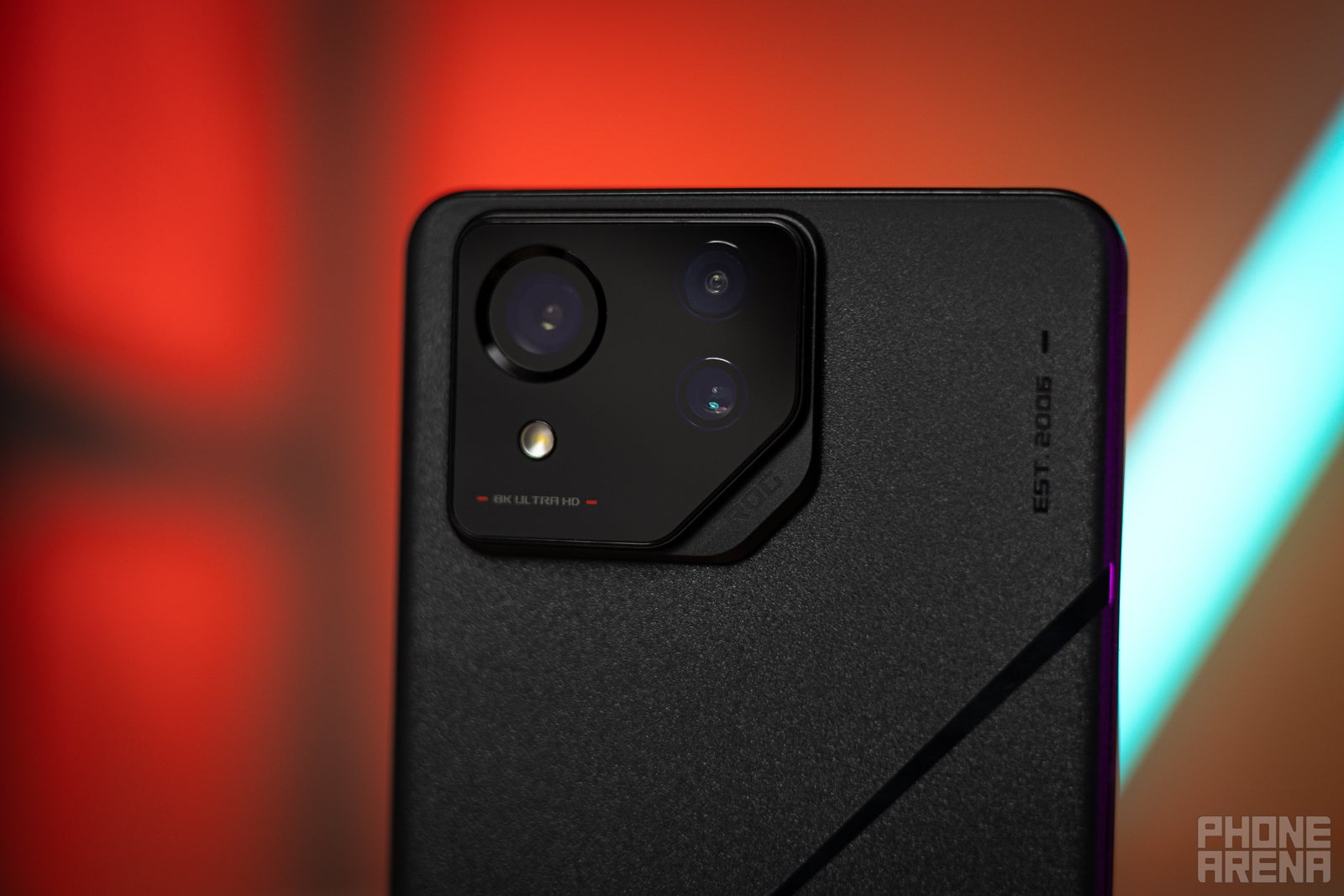
Now that the ROG Phone 8 Pro put heavy emphasis on the camera and wants to play the "regular flagship" game — well, we found it to be a bit lacking.
The 50 MP main camera uses Sony's IMX890 sensor — it's a rather new sensor that we've seen throughout 2023 in phones like the OnePlus 11, Oppo Find N2 Flip, even the Nothing Phone (2). It hasn't floored us, but has definitely been taking at least satisfactory-level photos when in those phones. Here's how it performs in the ROG Phone 8 Pro:
Main Camera - Day
The main camera has a fairly wide dynamic range, but it can burn highlights when pushed. Colors appear soft and warm, and pretty close to reality. It does oversharpen small details to a point where you can tell, but the noise reduction is doing a good job at preserving said details to begin with.
All in all, not bad photos — they won't be defeating the market leaders in terms of dynamics, but they are definitely share-able.
Main Camera - Low-light
The camera is pretty good at dealing with tiny light sources, like the Christmas lights spread all around the city. However, the oversharpening and aggressive noise reduction are becoming a bit more evident as we go to darker ambience. The building in sample 3 looks all jagged, and light bounces off the branches in a very harsh manner. The facade of the building in sample 4 appears almost fuzzy with the mix of sharpness and noise reduction applied.
Again, the pictures are not bad, and can serve as memorabilia. However, one might question if the new camera was worth "sacrificing" the gamer feel of the phone for.
Zoom Quality
Typically, the main sensor takes care for 1x and 2x shots. For 3x zoom, the phone switches to the telephoto lens, which does improve things quite a lot — 2x just looks way too soft already. From then on, up to 10x, we'd say the phone keeps it together — dynamics are starting to become a problem during the day, and noise reduction washes out too many details during the night.
Oversharpening is very apparent, but — again — up to 10x, you can take a photo for social media if you have enough light. The maximum the ROG Phone 8 can hit is 30x, and we don't see many people going up to it. Though, to be fair, the Pixel 8 and Galaxy S23 don't have an amazing 30x zoom either.
Portrait Mode
The edge detection and the faux bokeh for the background are... not great. Especially when you are trying to capture a pet instead of a human. Our recommendation is to just shoot portraits with the 3x zoom lens, and don't mind that you don't have a creamy blur in the background.
Ultra-wide Camera
The ultra-wide camera is pretty good, we don't see a major difference or jump in color calibration here. It's a bit softer than the main camera, but objects in the center still look detailed and visible. In some shots, you can see that the distortion correction around the edges has kind of chewed up some details, but that's something we often see in ultra-wide shooters. It's worth noting that the ROG Phone 8 ultra-wide camera only does to 0.7x, meaning it's not very... ultra-wide. But it can serve its purpose for an epic shot.
Selfies
The ROG Phone 8 uses a 32 MP sensor for the selfie camera, but bins pixels in clusters of 4. So, it takes 8 MP photos, but it does collect plenty of light — we like its selfie capabilities. It does slightly lean towards a more yellow-ish skintone, and it needs to tame highlights by a bit. But otherwise — the details are there, as unflattering as they may be.
We have rigorously tested the camera on the Asus ROG Phone 8 Pro and above you can see the results of those tests. We carefully measure the performance of all cameras in various test scenes, ranking the performance across important metrics like exposure, subject exposure, color accuracy, detail, artifacts and more. We do these tests for both photos and videos.
You can learn more about our PhoneArena Camera Score testing protocol here.
ROG Phone 8 Pro Performance & Benchmarks
As before, the ROG Phone 8 Pro comes with special tuning modes that optimize performance — the X Mode, which goes all guns blazing, the Balanced Mode, for everyday use, and Ultra Durable Mode for power saving.
X Mode activates whenever you are gaming or benching the phone — it will not allow the phone to throttle and keep aiming for the best performance. Because of this, the phone can get quite hot — we do recommend playing with the Aero Active Cooler X if you plan to run a heavy game for a long time.
Those are some massive numbers on the 3DMark test. We did also run it with X Mode off — the result was that the ROG Phone 8 Pro throttled at about loop 14, which is still quite good cooling and endurance before it hit inevitability, and the lowest score it got to was 2,490, which is still up there with the current competition.
In fairness, we did try gaming in Balanced Mode and it felt just fine. We assume that a prolonged session of a heavy 3D game may introduce some random stutters, or maybe a frame drop to a certain degree, and that's where the X Mode and fan would come in handy. But for casual mobile gaming for like 30 minutes per session, the ROG Phone 8 Pro did just fine (Mighty Doom, Ronin: The Last Samurai, CoD: Mobile)
ROG Phone 8 Pro OS / Android version
The ROG UI is a light reskin of the stock Android 14 — there's the Armory, which is your game launcher and holds all the settings for the gaming triggers and the lights on the phone. Then, you can edit how your Quick Toggles in the notifications shade look, and now there's even a new setting where you can pull down your notifications by swiping on the left side, and your controls when swiping down on the right side of the display. You know, if you just can't shake the iPhone muscle memory.
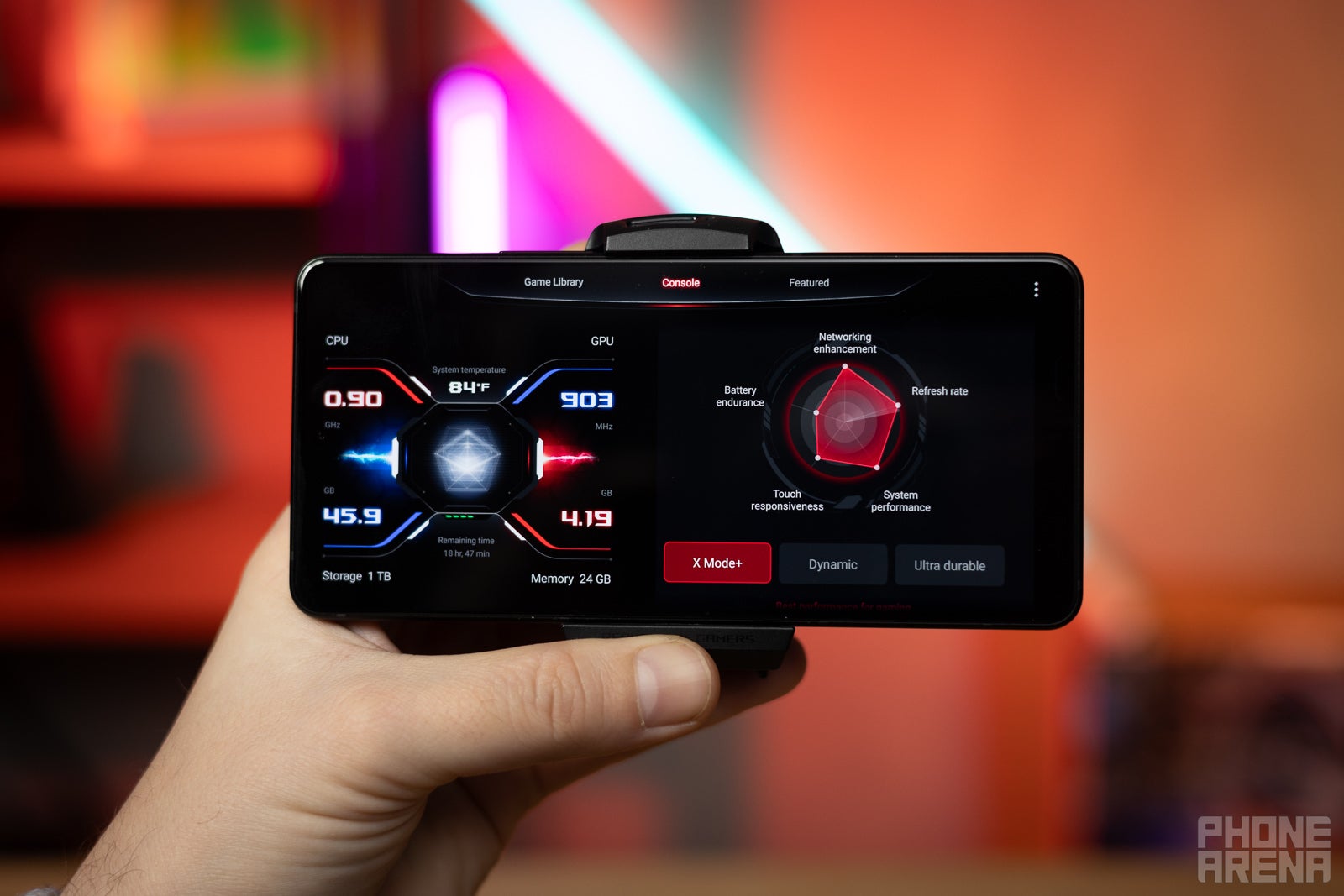
Tune up, game on (Image credit - PhoneArena)
There's the new Enlarge Folder option for the home screen, which lets you store a bunch of icons in even less space, yet tap on them without opening the folder. And there are a bunch of Asus-made widgets with the gamer aesthetic to place around.
The ROG Phone 8 Pro will get 2 years of major Android updates, but 4 years of security patches.
ROG Phone 8 Pro Battery
Still packs a powerbank
The ROG Phone 8 Pro is a bit thinner and a bit lighter than before, but has a 5,500 mAh battery. That's only 500 mAh smaller than the cell in the large ROG Phone 7. But it seems that both the software optimizations and the Snapdragon 8 Gen 3 play their parts well — we did not notice any big dip in battery endurance. Our benchmark tests show as much, but in real-life use — it's among the longest-lasting phones we've tested in recent months.
Above, you can see how the ROG Phone 8 Pro performed on our in-house battery tests.
ROG Phone 8 Pro Charging Speeds
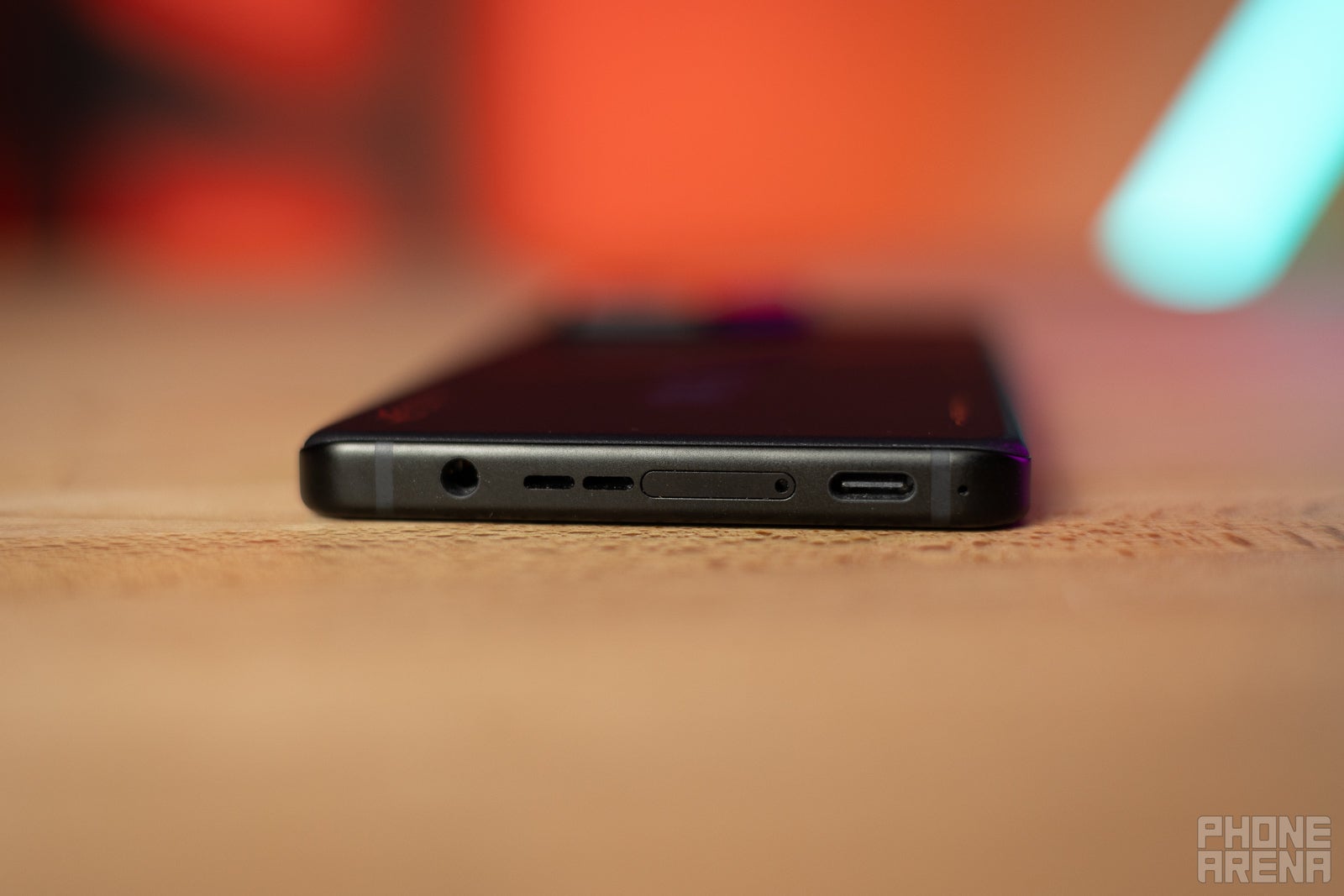
5,500 mAh dual cell battery, charged either from the bottom or side port (Image by PhoneArena)
The ROG Phone 8 Pro comes with its own 65 W charger inside the box. It utilizes dual cells inside the body, which will charge in parallel for optimized speed and battery health. It's pretty quick to top up — combined with the long battery life, we never felt percentage phobia with this phone. The wireless charging is a standard affair of 15 W — feels slow by comparison, but always useful to have.
ROG Phone 8 Pro Audio Quality and Haptics
As previously mentioned, the speakers on the new ROG Phone 8 are not in a front-firing setup. They do sound loud and meaty, but just not as good as the ROG Phone 7 Ultimate. What hurts even more is that the subwoofer inside the Active Cooler — something that was introduced just last year — is now gone.
Our ROG Phone 8 Pro doesn't sound bad — it sounds better than most flagship phones out there, its alarm is super-loud, and definitely turns some heads with its meaty, bassy sound. But it has a persistent boxiness with its lower mids, and instruments just don't sound as well defined as on the ROG Phone 7 (despite our efforts with the EQ). The point is that the compromises made to achieve a more appealing design can be felt here.
As for haptics, they are great — strong, precise, responsive, just the way we like them.
As for haptics, they are great — strong, precise, responsive, just the way we like them.
ROG Phone 8 Pro Competitors
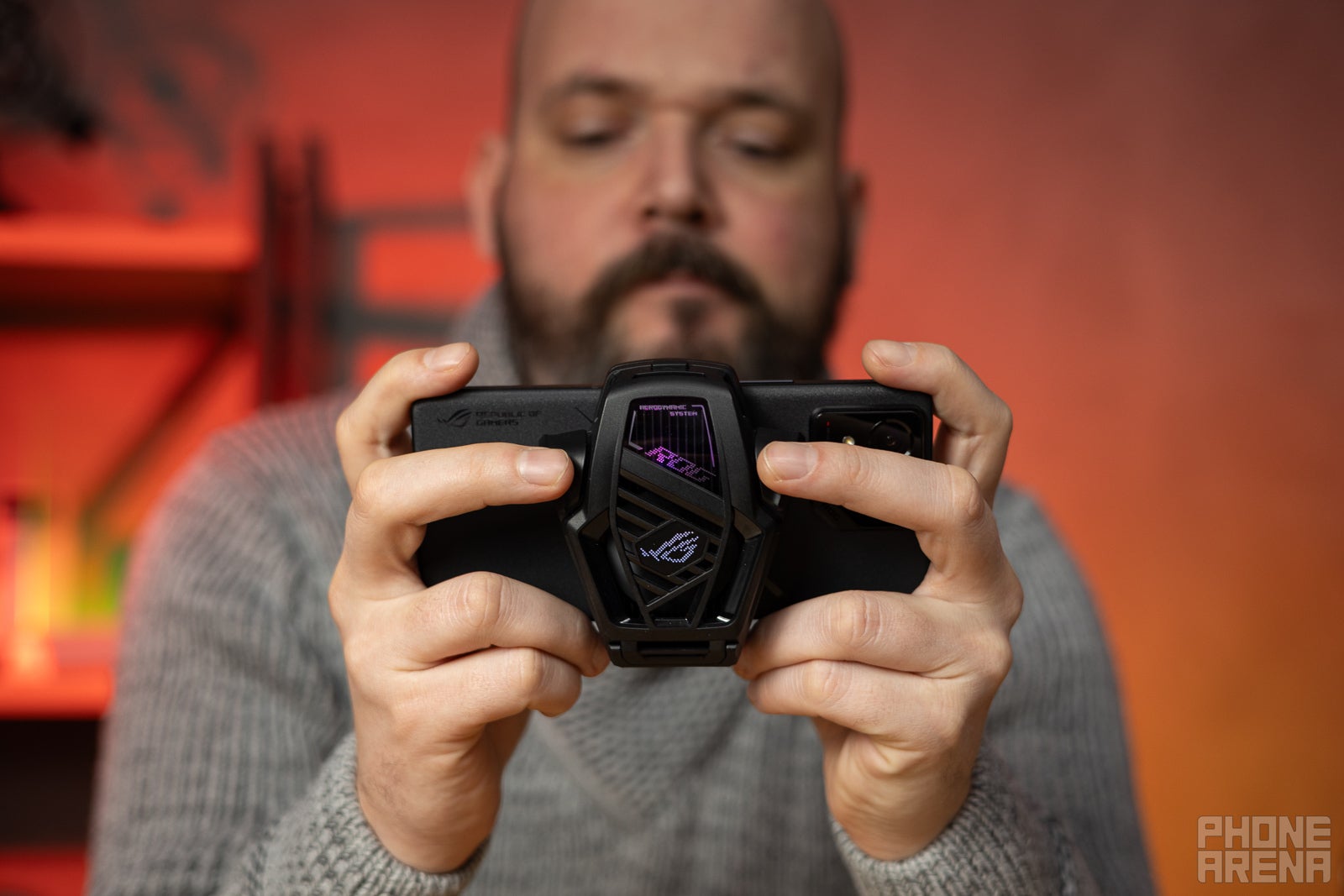
Not many Gaming Phones out there (Image credit - PhoneArena)
The ROG Phone 8 Pro starts at a price point, which feels... dare we say... normal for flagship phones these days. At $1,200 it finds itself in the range of the Galaxy S24 Ultra (assuming it keeps last year's pricing model). And it does feel like it will be the main rival here — the Samsung flagship will supposedly come with its own Qualcomm Snapdragon 8 Gen 3 inside, and a camera that benefits from years of evolution and experience.
The iPhone 15 Pro Max will also be a big rival here. Sure, the iPhone doesn't have gaming triggers or an external fan, but it does have games. Games like Resident Evil 4 Remake and Assassin's Creed: Mirage are making their way to the iPhone 15 Pro series, and no other phone (at least not currently). Blinking lights and shoulder triggers can't really beat a robust gaming catalogue.
Two swallows do not a summer make, but Apple has indicated that it intends to push into gaming with all of its devices. In the mean time, Android manufacturers haven't revealed any similar partnerships with AAA game studios.
That said, we'd feel much more comfortable gaming on a ROG Phone for prolonged periods, specifically because of the availability of an active cooler and software tune-ups that have been designed for system torture. To this day, we still have the iPhone 15 Pro's early overheating issues on the back of our minds.
| ROG Phone 8 Pro Rivals | Advantages (over ROG Phone 8 Pro) | Disadvantages (vs ROG Phone 8 Pro) |
|---|---|---|
| iPhone 15 Pro Max (MSRP $1,199) | App and game ecosystem Camera More years of OS updates Apple device ecosystem | No dedicated gaming controls or accessories Continuous performance concerns Battery endurance |
| Samsung Galaxy S24 Ultra (MSRP ~$1,200, unannounced) | Camera More years of OS updates Samsung device ecosystem Included S Pen | No dedicated gaming controls or accessories Battery endurance Throttling control Speakers a bit weaker |
ROG Phone 8 Pro Summary and expectations
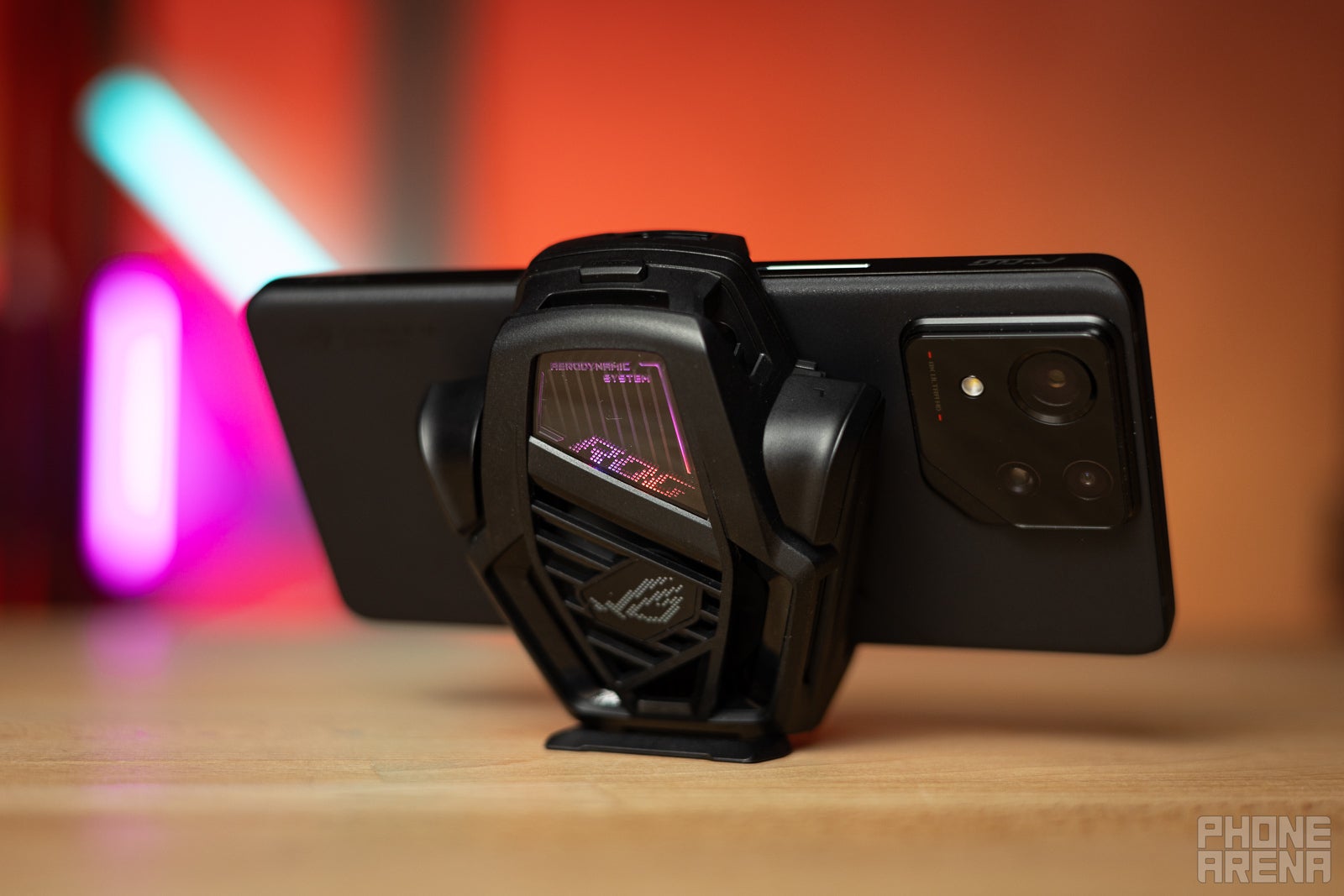
Image credit - PhoneArena
The ROG Phone 8 Pro definitely has a bit of give and take to it. It's very fast, we like how it looks, its speakers are great (though not as good as before), its display is beautiful. The camera is OK by today's standards — it doesn't wow us, and occasionally disappoints, but we don't mind using it as a daily carry.
Hardcore fans have already reacted to the reduced bezels, therefore the change in how the phone handles for actual gaming. Others are ecstatic over the inclusion of water-resistance this time around.
Still, I did end up using it for a couple of months after this review — it, indeed, was good enough as a daily smartphone, and it helped scratch that gamer itch!
We would have no trouble recommending it, as it has a lot going for it. But, since its asking price is north of $1,000, we do feel the need to point out that it comes with the promise of 2 years of software updates and 4 years of security patches, in an industry where 4 years of updates is becoming the minimum.
Follow us on Google News


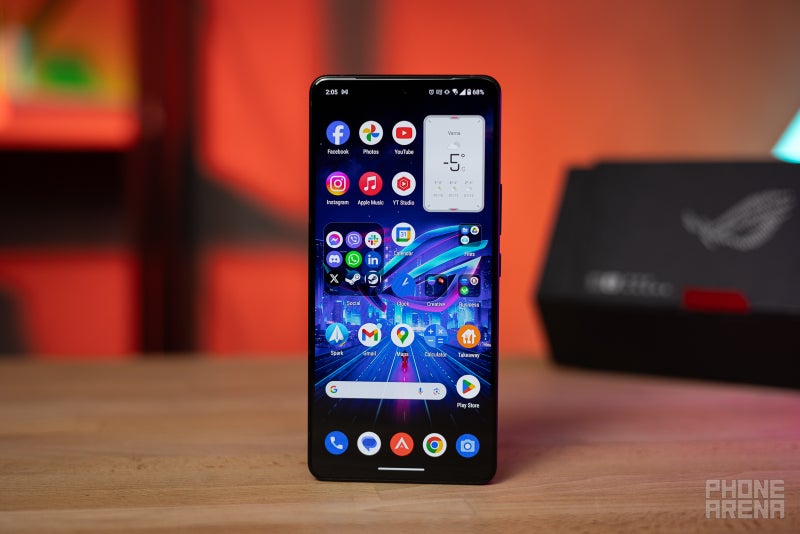
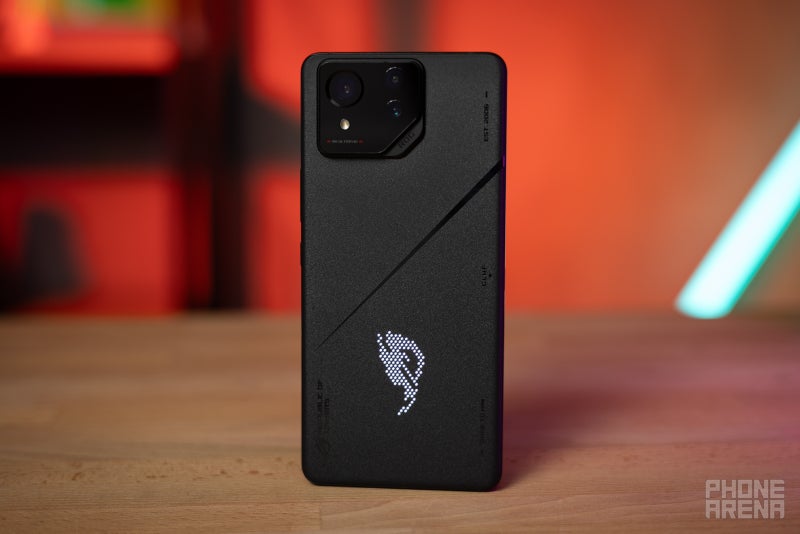
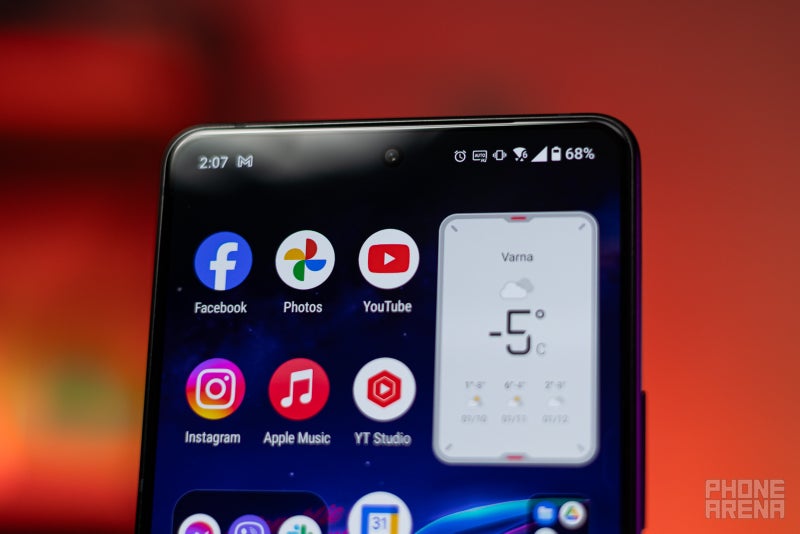
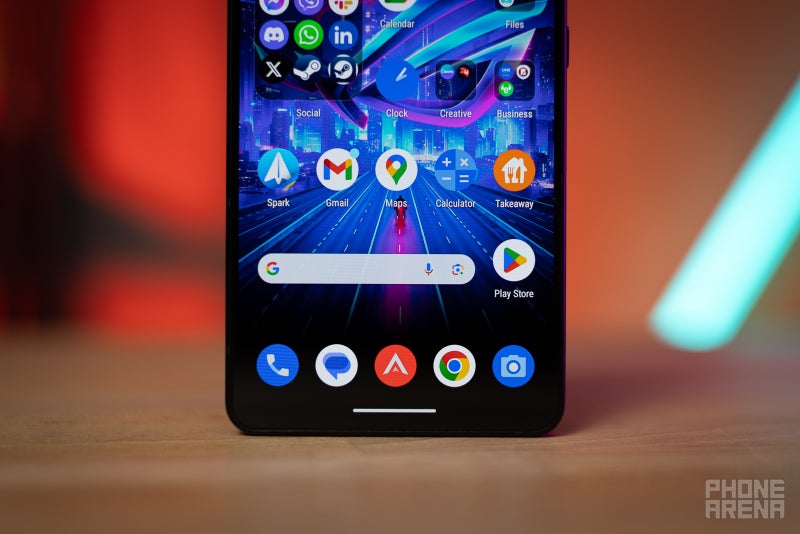
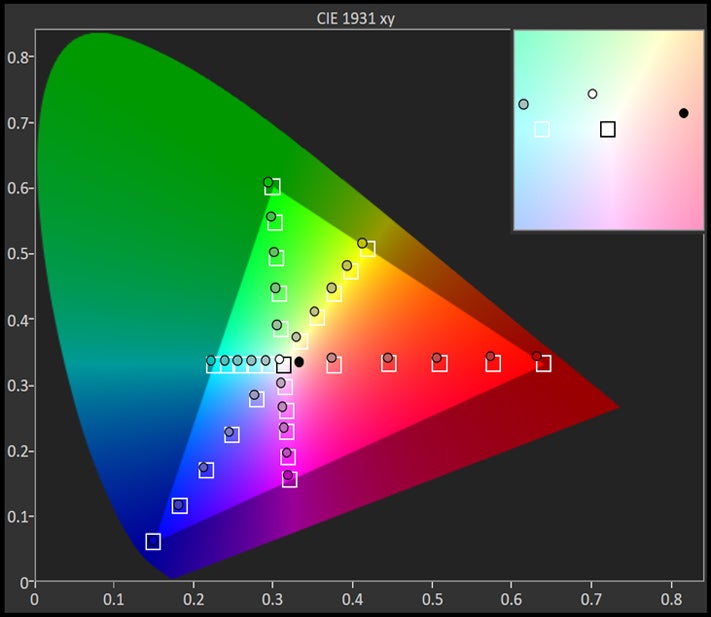


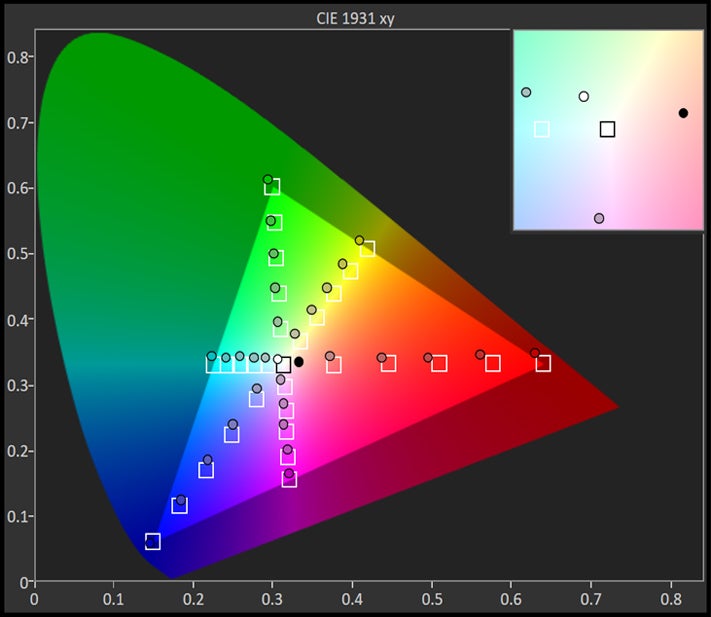












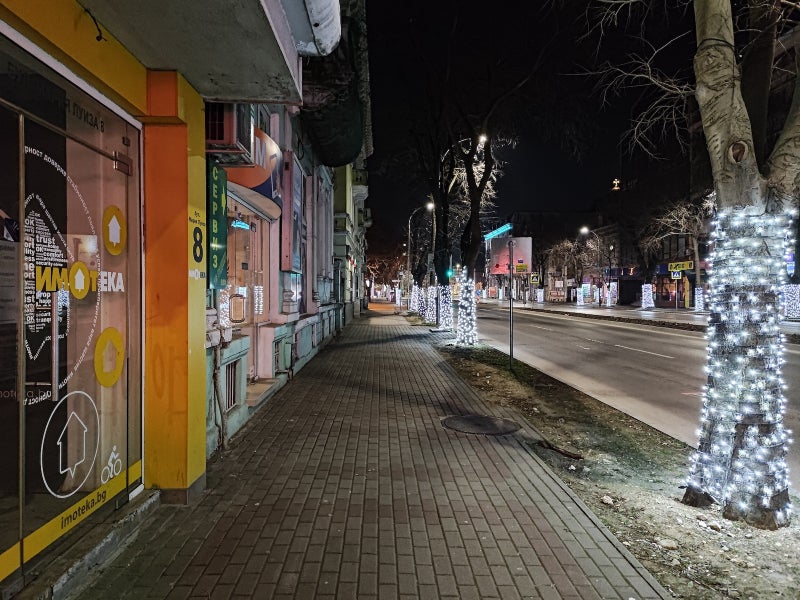

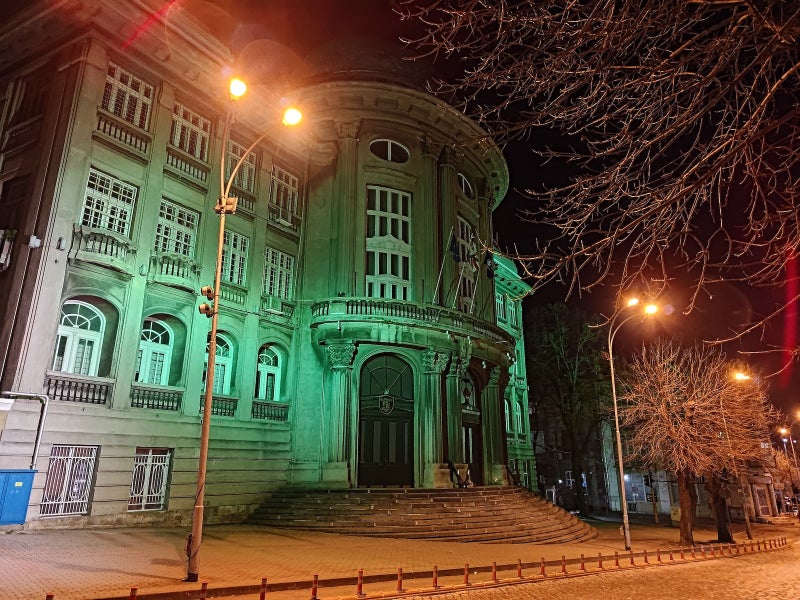
















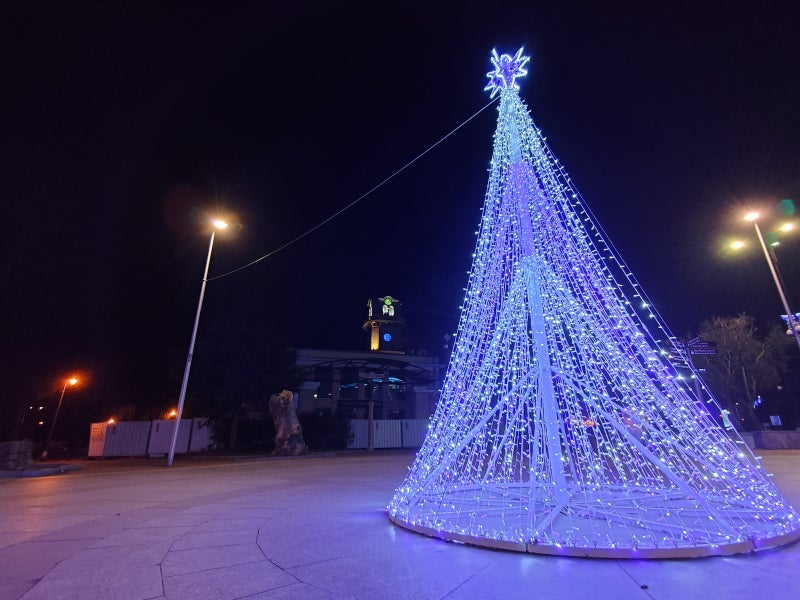


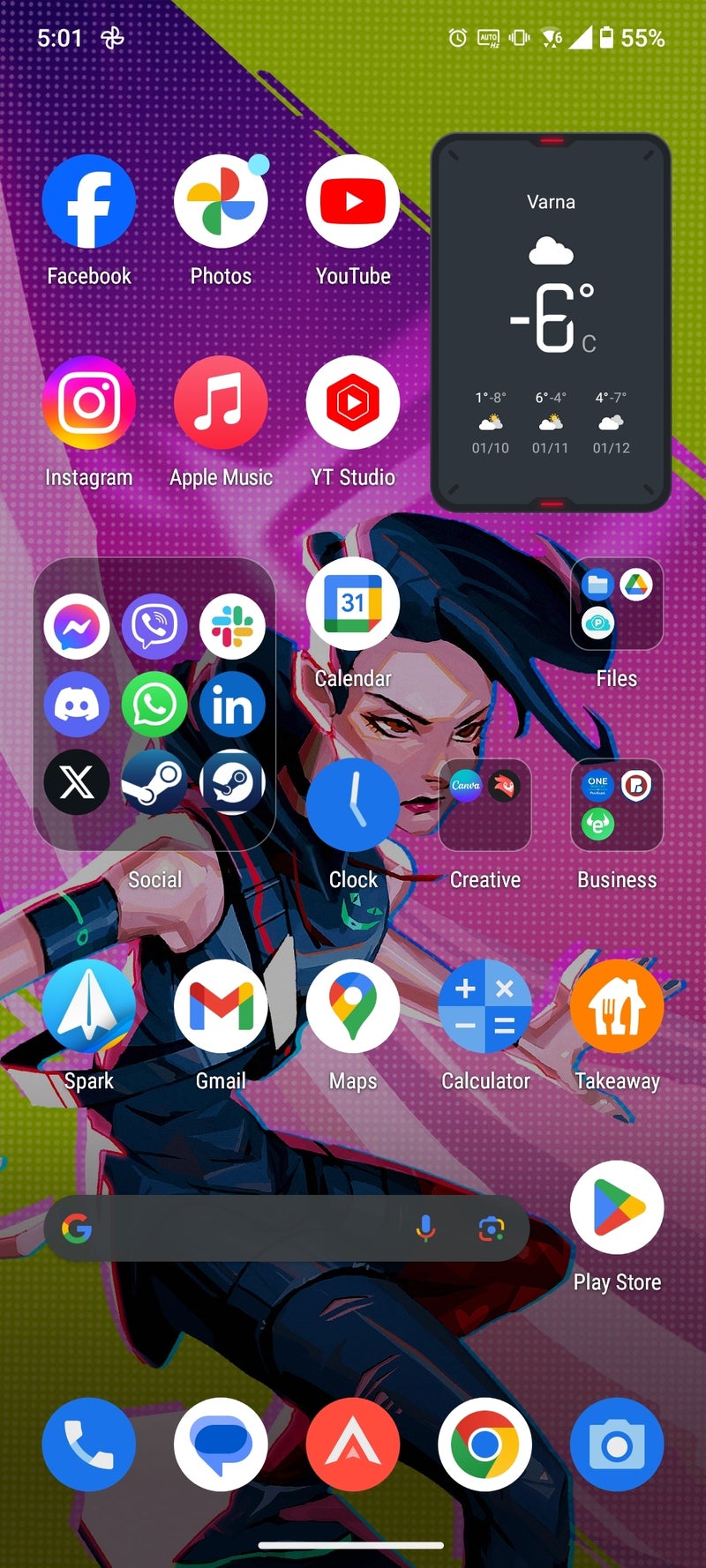
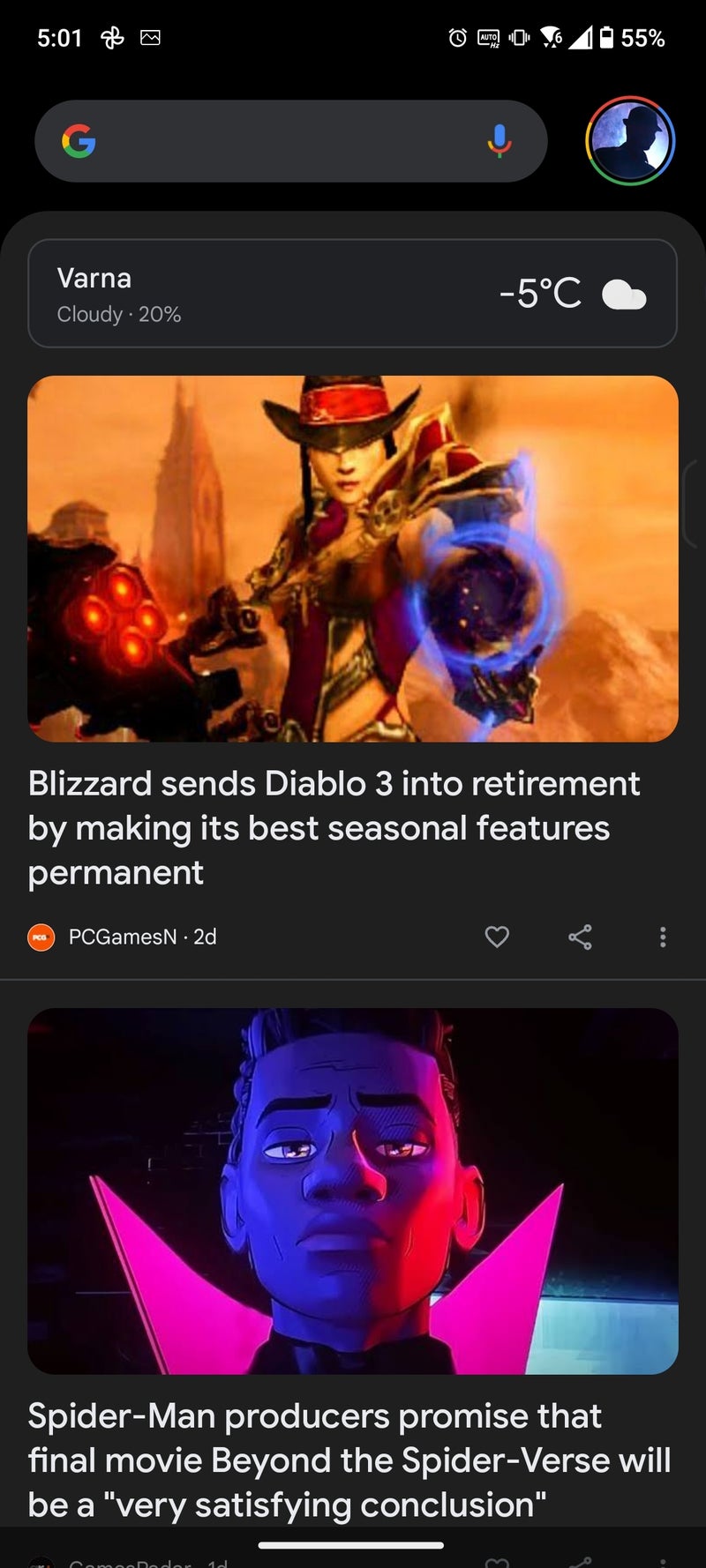
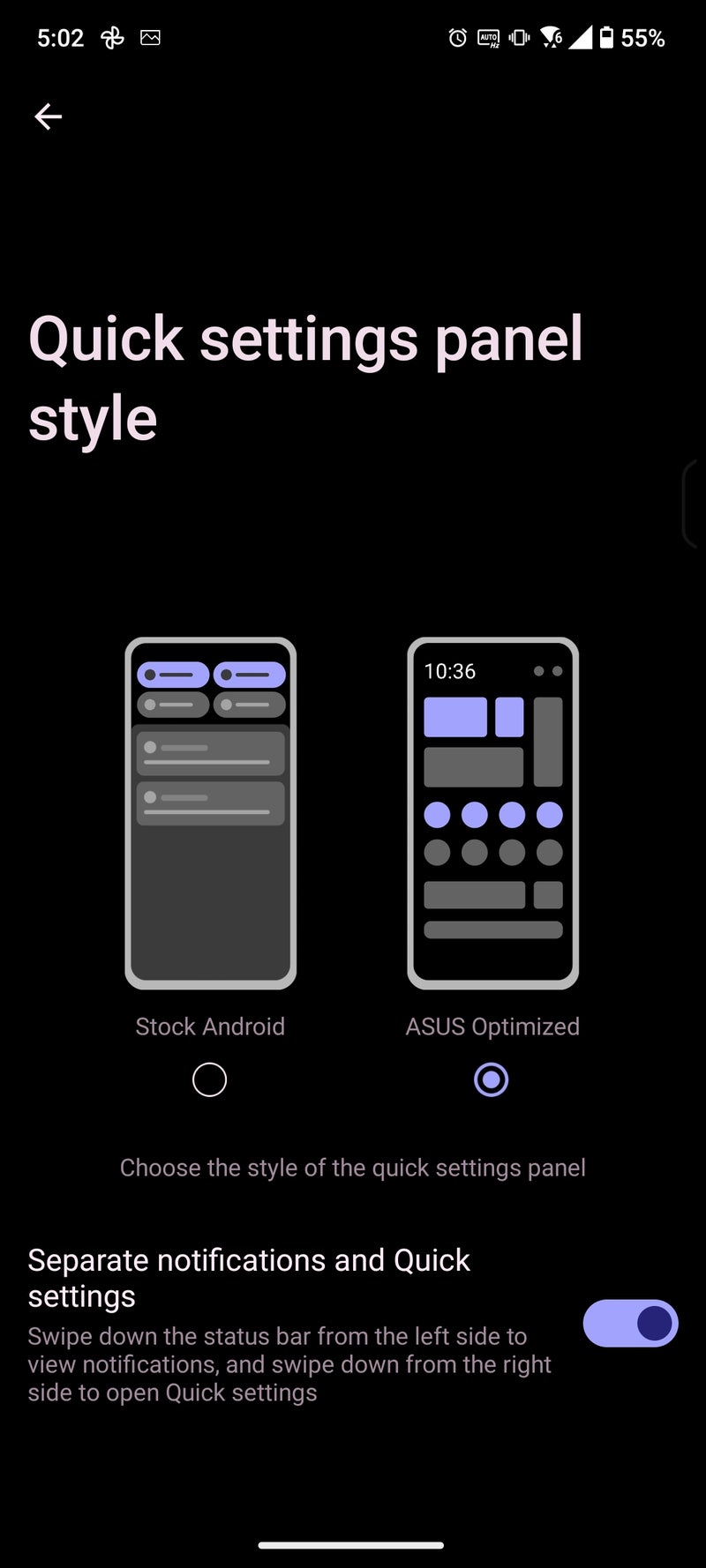
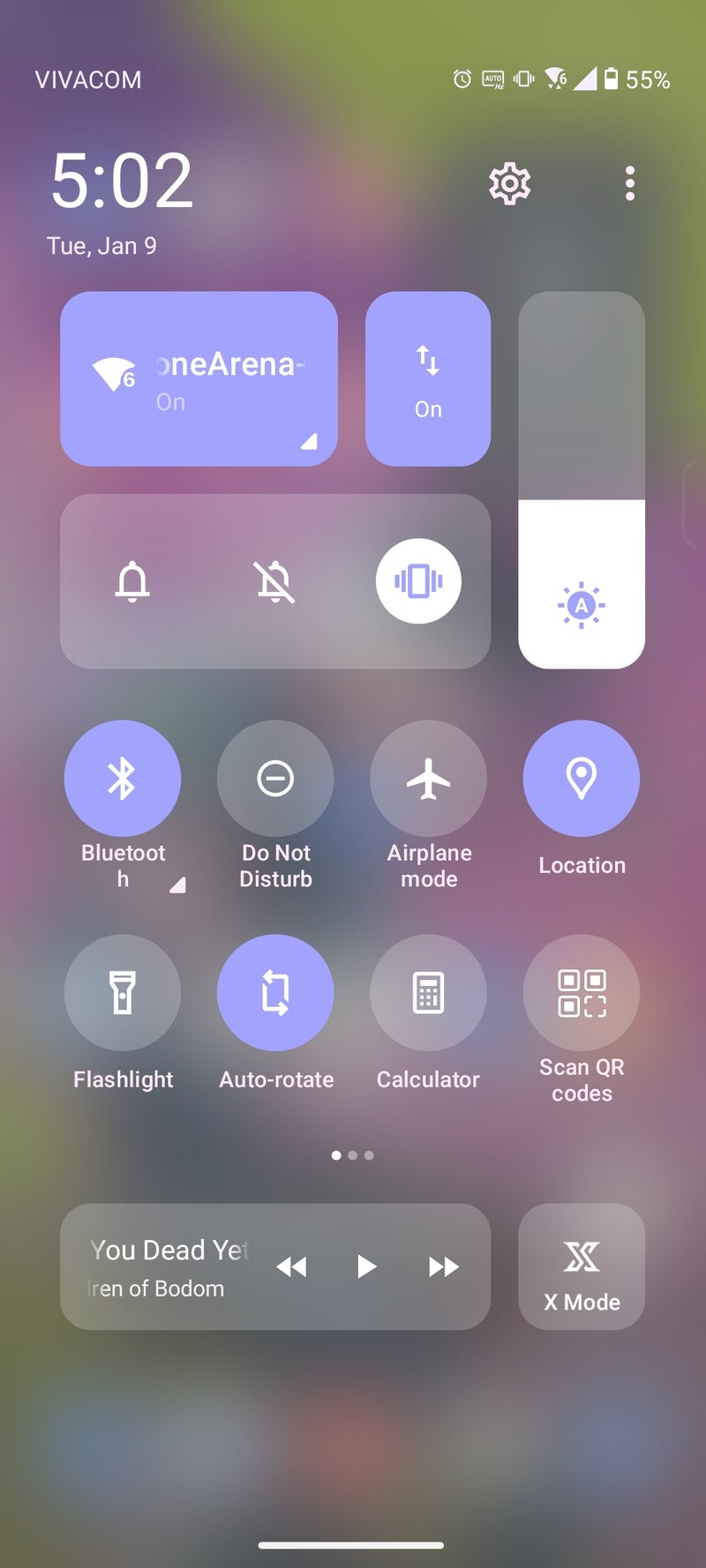
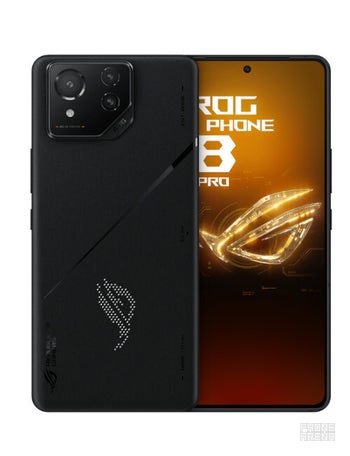


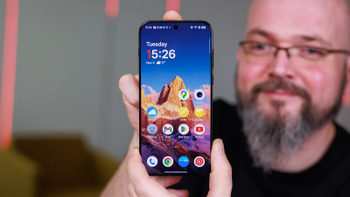




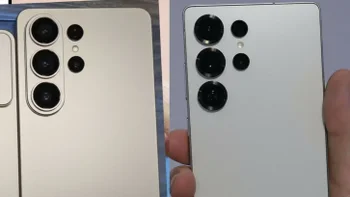
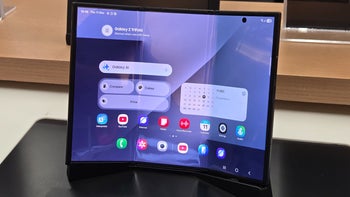

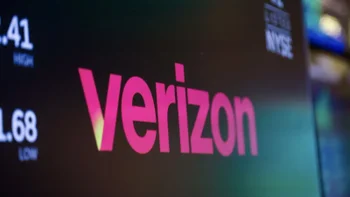
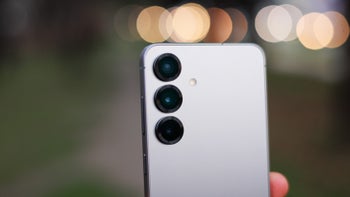
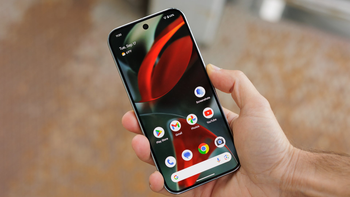
Things that are NOT allowed:
To help keep our community safe and free from spam, we apply temporary limits to newly created accounts: